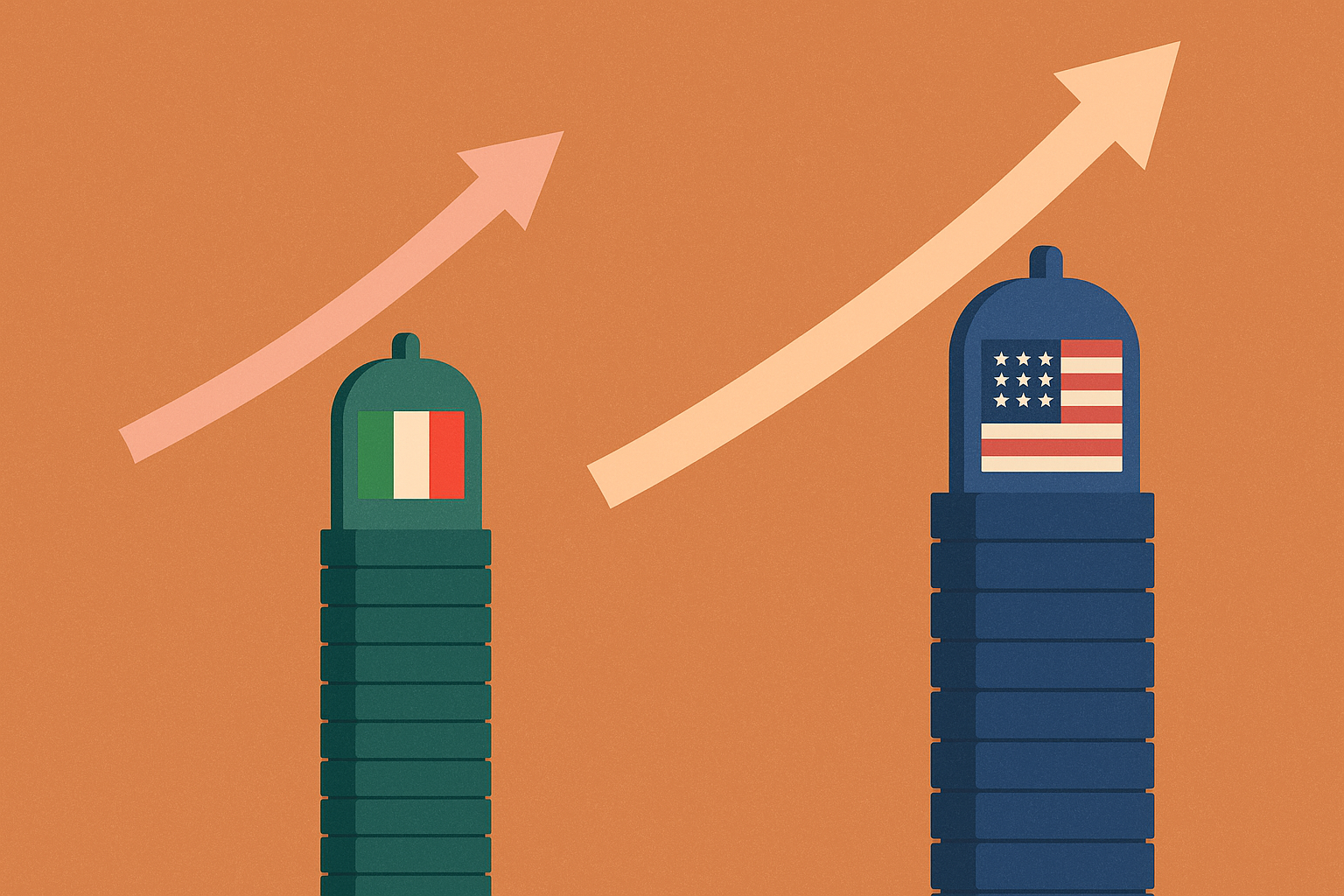The United Nations has cautioned that the European Union’s recent efforts to simplify its regulatory framework could have unintended consequences for developing nations striving to strengthen their environmental and safety standards.
According to Rolph Payet, Executive Secretary for the Basel, Rotterdam, and Stockholm Conventions on Hazardous Chemicals and Waste, Europe’s regulatory direction heavily influences non-industrialised countries. “When Europe is weakened, African countries’ ability to deal with issues like chemical waste is weakened as well,” he told the Financial Times.
Payet explained that many developing nations depend on the EU’s environmental policies as a blueprint for their own national legislation. Ambitious EU standards have historically driven innovation beyond Europe, prompting global companies to align facilities in countries such as China and India with European benchmarks.
However, the European Commission’s simplification agenda—which seeks to reduce bureaucratic burdens in areas like sustainability reporting, supply chain transparency, the carbon border tax, and agricultural rules—has sparked concern that it could amount to a step backward on environmental protection.
Payet warned that the process has become overly politicised, dominated by right-wing lawmakers pushing to weaken environmental commitments. He stressed that simplification should remain a technical process, managed by experts rather than political actors influenced by industry pressures.
“When the EU sets high standards, these cascade through global supply chains,” Payet noted. “Rolling back legislation is not the way forward—progress means advancing those standards.”
Echoing his concern, Monika Stankiewicz, Executive Secretary of the Minamata Convention on Mercury, said the EU risks damaging its reputation if it reduces consumer protections. “People look to the EU to uphold high standards that sustain quality of life,” she said.
Meanwhile, industry groups argue that the EU’s regulations are overly complex, particularly within the chemicals sector, where strict registration and safety requirements are seen as stifling innovation. Some warn that recent proposals could inadvertently ban substances vital to products like hot water tanks or hand sanitizers.
EU leaders have called for faster simplification in the automotive, digital, and financial sectors, as well as a review of the bloc’s long-standing chemicals regulation.
Responding to criticism, Environment Commissioner Jessika Roswall insisted that simplification does not equate to deregulation. “The green transition is Europe’s competitive advantage,” she said. “Simplification isn’t just about helping industry—it’s also about speeding up action against dangerous chemicals.”
As Europe seeks to balance economic competitiveness with environmental responsibility, the UN’s warning underscores a global truth: decisions made in Brussels often set the tone for environmental governance far beyond Europe’s borders.








